Two of the toughest, most obstinate, most my-way-or-the-highway personalities in the NBA were face to face early last month. It was one last chance to see if there was a way to resolve a feud tearing the Miami Heat apart.
Longtime team president Pat Riley and disgruntled star Jimmy Butler, having spent so many months in a back-and-forth battle that led to Butler’s trade demand and multiple suspensions from the Heat, met on Jan. 7 to see if there was any chance of an 11th-hour reconciliation. It had been more than five years since they joined forces near South Beach, with Butler leaving Philadelphia in the summer of 2019 and leading the way in two Finals runs before the decline began. Now, their relationship was on the brink.
According to multiple league sources with knowledge of the meeting, tears welled in Riley’s eyes as he attempted to connect with Butler on a human level. Both men had lost their fathers, and Riley’s famed toughness faded in the moment as he thought about Butler mourning his father’s death last season. But Riley’s vulnerability did not land with Butler. The player viewed Riley’s behavior as “unhinged,” a league source close to Butler said.
Butler left the meeting more convinced than ever that he needed a new basketball home. Team sources close to Riley say he promptly sent word that the meeting did not go well and was more motivated than ever to oblige. With that, any hope of an accord between the progenitor of Heat Culture and its modern torch-bearer floated off into Biscayne Bay.
In the weeks that have followed, the visceral emotions of that meeting were replaced by stone-cold business: a matter-of-fact sitdown between Butler and Heat owner Micky Arison on Jan. 16, a missed flight by Butler, and a letter delivered to him “via Email and Federal Express” on Jan. 23 that detailed what the Heat viewed as sustained insubordination and unacceptable defiance.
The letter, a copy of which was obtained by The Athletic, warned Butler that any future misconduct “will result in further discipline up to and including the maximum discipline permitted.”
It was signed, “Sincerely, Patrick J. Riley.”
Four days later, Butler walked out of practice early after being told that he would no longer be in the starting group for a team that has been hovering around .500 all season. That brought a third suspension, this one termed indefinite, as the Heat continued to look for a trade for the six-time All-Star.
As frustrated as the Heat were with Butler, the same went for Butler with the Heat. The franchise saw a player who put his own interests above the team, a cardinal sin in the Church of Riley. The Heat’s exasperation ran so deep that they changed course after Riley initially proclaimed in a Dec. 26 statement that they would not be trading Butler.
Butler saw an organization that did not give him the contract extension he felt he deserved after carrying two under-talented teams to NBA Finals appearances. He also believed the Heat failed on several opportunities to add more talent around him while conference rivals like Boston, Cleveland and New York loaded up.
Almost four weeks after that fateful meeting with Riley, a day before Thursday’s NBA trade deadline, Butler was sent to the Golden State Warriors. Moments after the deal was consummated, Butler agreed to terms on a two-year, $112 million contract extension that runs through the 2026-27 season.

GO DEEPER
Inside the Warriors’ pivot toward a Jimmy Butler trade: ‘He win? I win? That’s the fit’
To little surprise, Riley and Butler both stuck to their guns in the end. Maybe a partnership with this much pride was always destined to end this way.
This is an inside look at Butler’s last days in Miami.
Riley and Butler were once very close, with Riley loving the toughness and work ethic that Butler brought to the table and Butler appreciating Riley’s no-nonsense leadership style and slicked-back Miami swagger. But as is typically the case in professional sports, the root cause of the divide was money. Even with the two NBA Finals appearances (2020 and 2023) and another East finals appearance (2022) in Butler’s five seasons with Miami, the Heat never gave him the lucrative contract extension he believed he deserved.
The first public signs of tension came in May when Butler, who was injured and did not play in the 4-1 first-round playoff series loss to Boston, appeared in an impromptu social media interview and said that the Heat would have beaten the Celtics and any other challengers if he had been healthy.
“If you’re not on the court playing … you should keep your mouth shut,” Riley said in response in a news conference.
In June, Butler reportedly told the Heat he would not be signing a contract extension. The Heat, Riley said publicly, had to think hard about an extension because Butler had missed 40 regular-season games over the two previous seasons.
Butler began pushing for a trade to the Phoenix Suns, a preferred destination thanks to the presence of stars Kevin Durant and Devin Booker and Suns owner Mat Ishbia’s believed willingness to give him the extension he was seeking.
But as the situation dragged on, league sources said Butler started to care less about where he was traded than getting out of Miami altogether. After months of exchanging barbs in news conferences, cheeky posts on social media and allusions to a desire to play elsewhere, Butler and Riley met in person on the afternoon of Jan. 7 to establish some ground rules for how this messy situation would proceed. What followed, according to sources on both sides, was instead an emotional, two-hour sit-down that left Butler bewildered by his 79-year-old boss’ behavior and Riley at a loss for how to reach the mercurial 35-year-old star.
From Butler’s vantage point, Riley was “unhinged and disturbing,” as a league source close to him described it. More specifically, Butler told those close to him that the longtime team president referenced Butler’s recently deceased father several times during the meeting, offered “unsolicited and unwanted” parenting advice and even shed tears before ending the meeting by telling Butler he loved him.
As Riley sees it, according to team sources with knowledge of his thinking, he remained calm during the sitdown and let Butler guide their discussion. But when Riley raised the topic of Butler’s late father, whose death on Feb. 8, 2024, was first revealed on an episode of the Netflix series “Starting 5” in mid-October, he became emotional.
Riley’s father, Leon, a longtime minor-league baseball player who logged four games for the Philadelphia Phillies in 1944, died at age 64 in 1970. Riley was 25. Sadly, he and Butler had this much — if not much else at this point — still in common.
“It struck a chord,” one team source said.
Hence, the tears. (Regarding the claim that Riley offered parenting advice to Butler, who has three children, team sources insisted that it was not the case.)
By the time the meeting was over, league sources said Butler had doubts about the Heat’s ability to execute a trade. He also had misgivings about the franchise’s capacity to build a winning roster around him after missing out on several high-profile trade and free-agent targets, including Damian Lillard.

Jimmy Butler and Pat Riley once enjoyed a very warm relationship before tensions built toward an inevitable trade. (Michael Reaves/Getty Images)
Shortly after the meeting, sources close to the player said Riley called Butler’s agent, Bernie Lee, and told him of his plans to lift Butler’s suspension and have him rejoin the team. Yet approximately 90 minutes later, Riley informed Lee that he had been overruled by Arison. Butler, Riley told Lee, wasn’t allowed to return to the team until the longtime owner was able to meet with him in person.
There was a problem with that plan, though: Arison was on vacation until Jan. 16. The two sides discussed the logistics with Riley proposing that Butler could pay his way to meet Arison on his trip if he wanted to expedite the process. Butler’s camp was perplexed that — considering he was already losing approximately $500,000 per game — such a suggestion would even be made.
Team sources refute that Riley offered to lift the suspension after the meeting. That idea, the sources said, was discussed heading into the sitdown between Riley and Butler and came with one significant caveat: Their meeting had to go well first.
“The meeting didn’t go well enough,” one team source explained.
When the Heat determined after the meeting that Butler wasn’t ready to return, team sources said, the choice was made to see the suspension through.
“It wasn’t as necessary to meet quickly with Micky,” one team source said.
Three days later, Butler — a coffee enthusiast who built his own company in 2020 — posted a video of a conversation with one of his employees that was widely seen as a not-so-subtle shot at Riley.
“See, I gave you a compliment. That’s what bosses do, they build you up they don’t break you down.”
– Jimmy Butler to his employee 😅
(h/t @lifer_305 )
— NBACentral (@TheDunkCentral) January 10, 2025
Six days after that, it was finally time to meet with ownership.
When Arison returned from vacation, he and his son, Heat CEO Nick Arison, met with Butler on Jan. 16. That meeting was much less emotionally charged in Butler’s eyes, according to a person with knowledge of his thinking.
Butler reiterated to the Arisons his reasons for wanting to be traded and the Arisons responded by making one specific request — that Butler avoid discussing the situation with the media and give only a response of “No comment” when reporters inquired. The Heat hosted the Denver Nuggets the next night, and Butler obliged Arison by declining to comment on his situation when asked after the game.
Tensions would soon pick up again, however, by the time the Heat were heading from Miami to Milwaukee on Jan. 22. Butler was nearly a week into his return from the first suspension.
He had dramatically rejoined the team, with Lee releasing a statement on his X account that was a modern-day replica of Michael Jordan’s more-celebrated announcement that he was ending his retirement in 1995: “I’m back.”
He played in three home games, but this comeback would be short-lived.
Butler missed the team’s Jan. 22 flight to Milwaukee, sparking yet another suspension. Yet again, as has so often been the case in this conflict, the two sides would tell drastically different tales regarding the details of the disagreement.
While the notion of players flying separately from the team is extremely rare in the NBA, league and team sources say Butler had been allowed to do so as needed so long as he received permission from head coach Erik Spoelstra. It’s unclear how often Butler flew separately from the team, but that was the arrangement they’d had throughout the entirety of his time with the Heat. Butler also routinely did not ride the team bus to practices or games on the road, using a ride share instead that the team paid for until this season, and even stayed separately from the team on road trips on occasion.
According to sources close to Butler, this sudden change in policy was an example of Riley asserting his dominance over the star forward after being perfectly fine with an “alternate travel schedule.” According to Heat sources, the protocol for Butler’s unusual travel arrangements had been changed by Riley approximately two months before the missed flight. This relationship was already on the rocks at that point with discomfort rising and Riley deciding in mid-November that he, and not Spoelstra, would make the final decision whenever Butler asked to fly separately from the team. This adjustment, team sources say, had been communicated to Butler’s camp by Heat general manager Andy Elisburg.

Jimmy Butler was displeased by a change to travel policy, according to those around him. Previously, Butler had been permitted to travel separately from the team so long as he received permission from head coach Erik Spoelstra. (Michael Reaves/Getty Images)
Butler felt that many of the actions taken by the Heat, including the change to the travel policy, were intended to alienate him, according to a person with knowledge of his thinking. There had been multiple shifts from what he was typically allowed to do.
One example is a change in the way Butler was permitted to rehab. On Nov. 8, Butler suffered a sprained ankle after logging just under seven minutes of playing time in a road game against the Nuggets. Following the game, his camp created a rehab plan with the hopes of getting the forward back on the court quickly. The intended plan, which was approved by Spoelstra, would’ve required Butler to bypass three road games to return to Miami, where the team’s facilities provided Butler with amenities he couldn’t get at hotels in smaller cities on the road, such as a bigger training facility and the team’s underwater treadmill.
The morning after Butler sprained his ankle, he and his group were preparing to board a plane to return to Miami when Riley called to say that Butler would be suspended if he didn’t board the team’s flight to Detroit. Riley was told Spoelstra approved the plan, but sources close to Butler state that Riley said, “That’s not his call. This is above his pay grade.” Butler boarded the plane to Detroit. But as those around Butler saw it, his 10-day rehab would have been significantly shorter if he’d been allowed to return to Miami.
So, as Butler saw the events of that Jan. 22 morning, according to sources, Lee called and texted Riley at approximately 10 a.m. local time to remind him of the arrangement between Butler and Spoelstra and to let him know that Butler would not be on the 2 p.m. flight. Riley responded, indicating that Butler was expected to be on the flight.
But a source close to Butler says Spoelstra approved this latest request to fly separately, and assumed there had been a communication breakdown between the team’s president and its coach. So Butler, in turn, commenced with his plan to fly separately from the team.
Team sources say Spoelstra did not approve Butler’s request. What’s more, they added, it wouldn’t have mattered if he did based on the policy change that had been communicated in mid-November. Team sources also assert that Riley and Elisburg both informed Lee that Butler was expected to be on the team plane.

GO DEEPER
Thompson: Warriors and Jimmy Butler a match made in mutual desperation
The following day, a two-page letter on Miami Heat stationery was addressed to Butler and Lee, and also was sent to lawyers for the National Basketball Players Association.
It laid out the Heat’s entire case for the second suspension, filled with legalese, including multiple references to team policies, the “Uniform Player Contract” and the NBA’s collective bargaining agreement that Riley and the Heat believe serves as the support for their position. It details Butler’s alleged “conduct detrimental to the team,” from his missed team flight on Jan. 22 to several other examples of misconduct both on and off the floor.
Riley wrote in the letter that Butler threatened to skip practices, not listen to Spoelstra and make his return “uncomfortable and refuse to stand in team huddles and otherwise distance yourself from the team.” He added that he failed “to give best efforts during recent games” and was “combative and argumentative during recent meetings with me and the Arisons.”
“This suspension is further based on the facts that (i) team executives and coaching staff have discussed your behavior with you and your agent on numerous prior occasions, and (ii) you have been previously disciplined by the team for certain of your actions, but you subsequently failed to conform your conduct to standards appropriately required by the Miami Heat, the Handbook, the UPC and the CBA,” the letter stated.
When Butler returned to the team for shootaround on the morning of Jan. 27 before the Heat hosted the Orlando Magic, he took part in approximately half the practice session before Spoelstra gathered the team at center court to discuss the team’s new starting lineup. Butler, Spoelstra announced, would be coming off the bench and the starting small forward spot would go to Haywood Highsmith, a fifth-year player who found a role after spending two seasons out of the NBA entirely.
Initially, Butler thought Spoelstra was joking, sources close to the player said. The head coach did not alert him to the change before telling the team, which is common practice with a move so significant.
Butler left the court without shooting free throws, customary for Heat players after shootaround, and felt like the decision to not start him was “meant to provoke him,” a person who spoke to Butler told The Athletic.
Spoelstra did not offer Butler an explanation for the change, and Butler was informed about three hours later that he was being suspended again. When the Heat announced the suspension on their official X account, the explanation for his punishment included a reference to him “walking out of practice earlier today.”

GO DEEPER
Hollinger: What Jimmy Butler trade really symbolizes is missed opportunity
By this point, Spoelstra hadn’t publicly spoken Butler’s name in roughly three weeks and ceased yielding to questions about the banned baller, direct, veiled or otherwise.
After Butler walked out of the morning shootaround, the Heat responded that night with a 125-119 double-overtime victory over the Magic. The latest turn in the drama between Butler and the Heat left team leaders like Tyler Herro, who was three days away from earning his first NBA All-Star selection, to answer questions from the media about how Miami was preparing for its latest stint without Butler.
If anything, that was just the latest example of the Heat learning to live life without Butler ahead of his desired departure. Much of the situation was beyond the control of anyone outside of Miami’s upper management. If Butler returned to the team, he could’ve bolstered the team’s ambitions of one more deep playoff run before an uncertain summer ensued.
Had Butler stayed away as issues with the Heat were hashed out, he could’ve gauged how to handle the next chapter in his basketball journey, but it would’ve only dissolved more time as the inevitable neared. In either case, his Heat teammates and coaches were accustomed to navigating NBA waters with him on the sideline as Riley, Arison and the Heat front office assessed how to end one of the most successful chapters in franchise history.
“My brother, man. I’m gonna miss him for sure,” third-year Heat forward Nikola Jović said after Butler was traded on Wednesday. “He’s someone who did a lot for this franchise. … I’m sad and happy at the same moment. I’m sad we’re not going to see him anymore, but I’m really happy he got what he wanted. That bag is really big.”
The love that once existed between Butler and the Heat is long gone. Butler is on his way to the Bay Area, about as far as geographically possible away from the team he both galvanized and tormented. The stubborn player and the uncompromising organization pushed each other to great heights.
In the end, they pushed each other away.
(Top photo illustration: Dan Goldfarb / The Athletic; Elsa, Eric Espada/NBAE / Getty Images)
#Jimmy #ButlerHeat #relationship #devolved #trade #solution

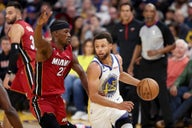
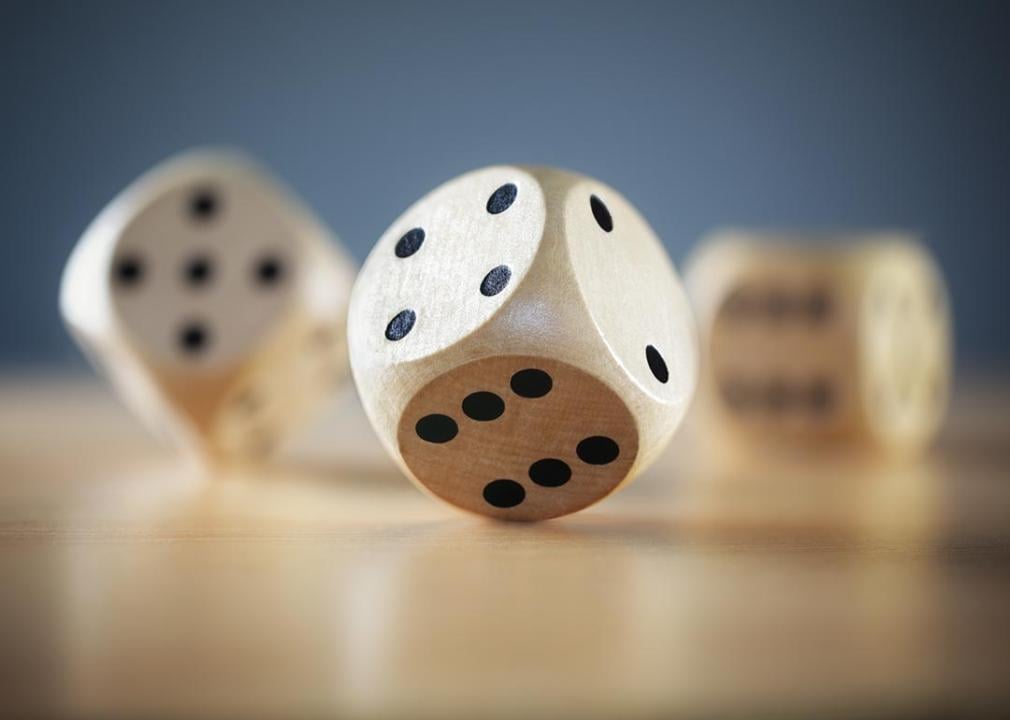
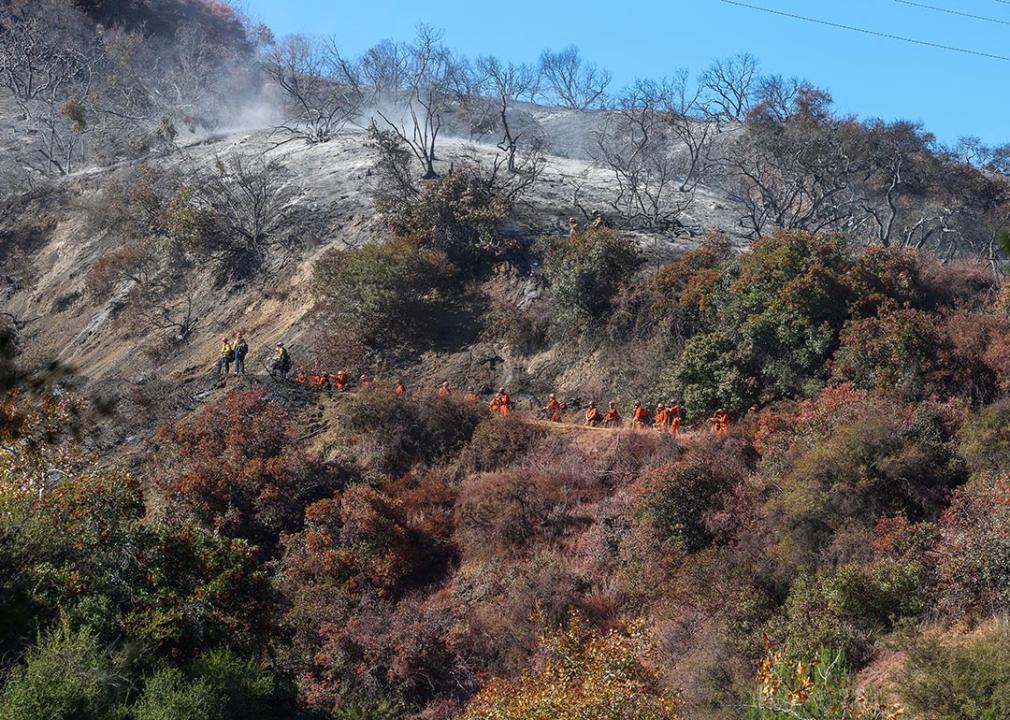
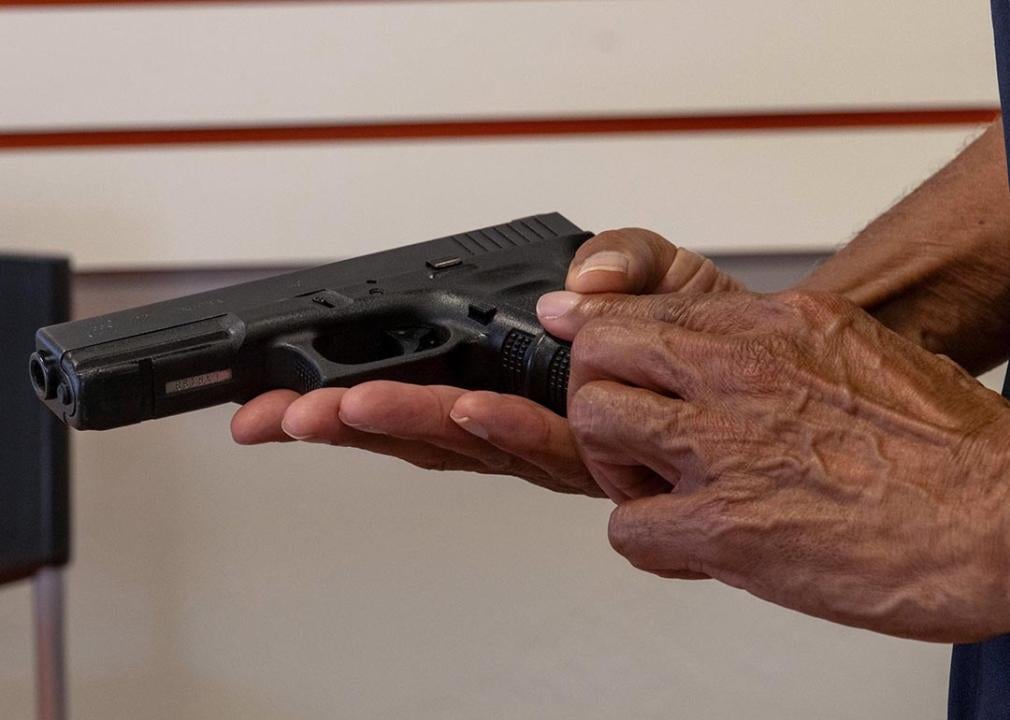
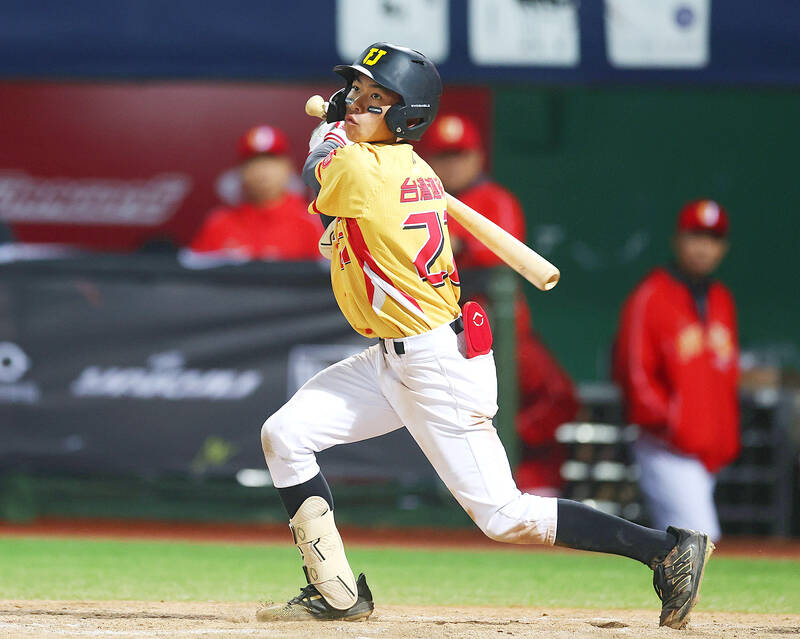
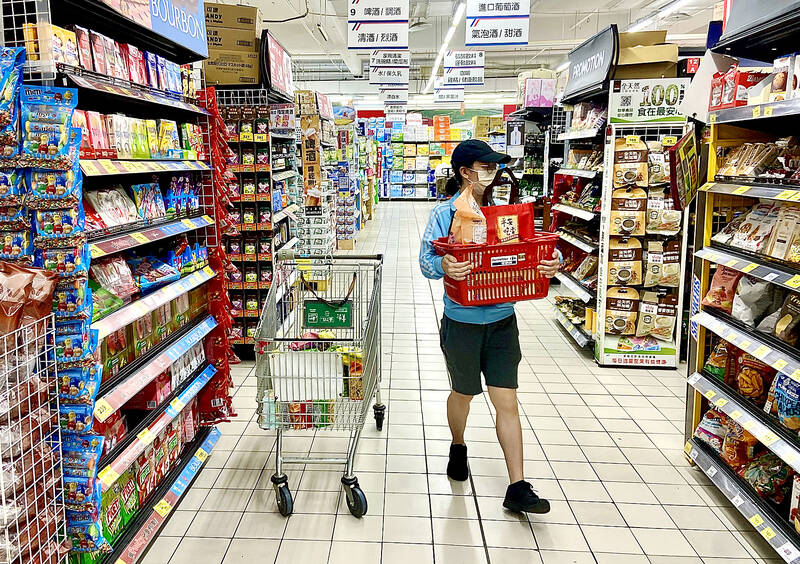
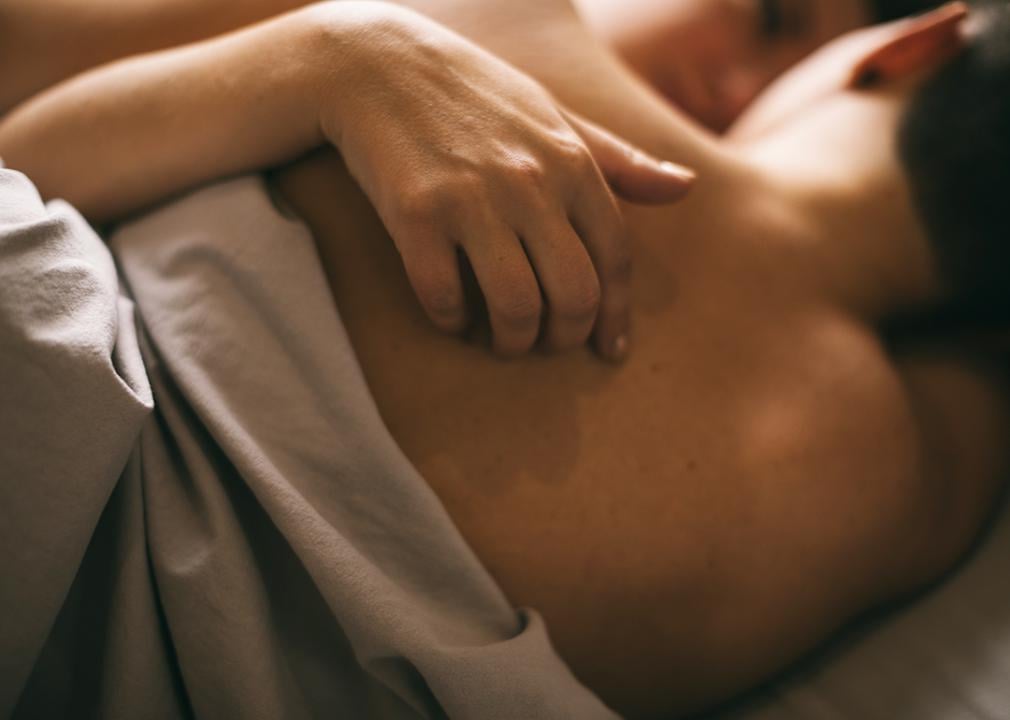
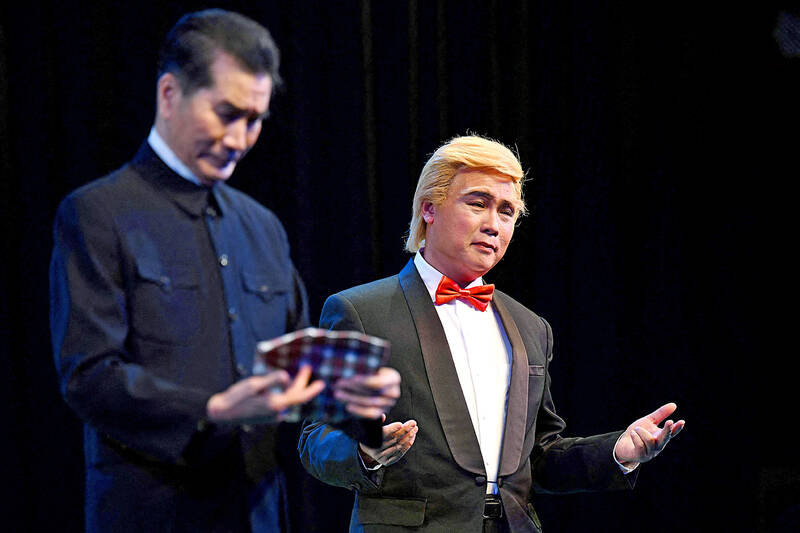
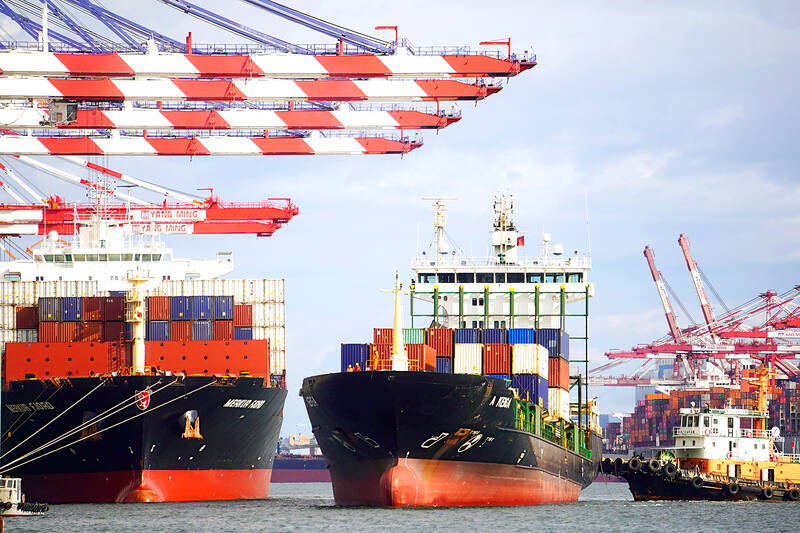
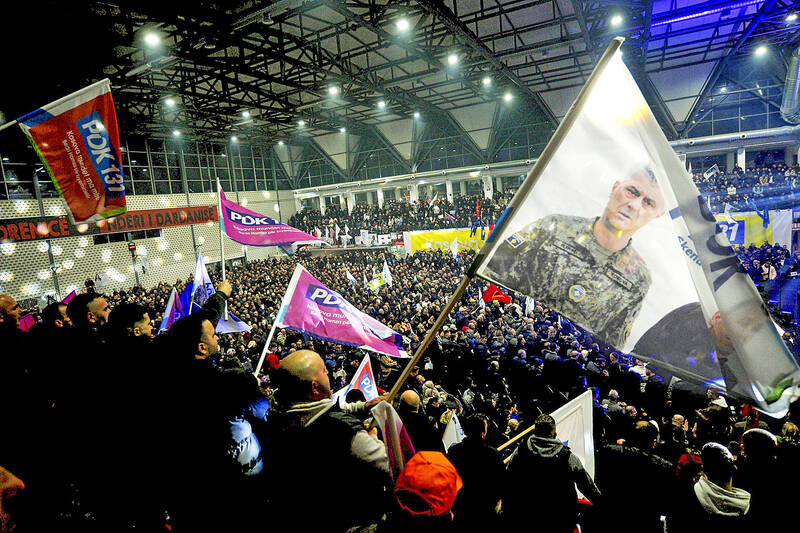
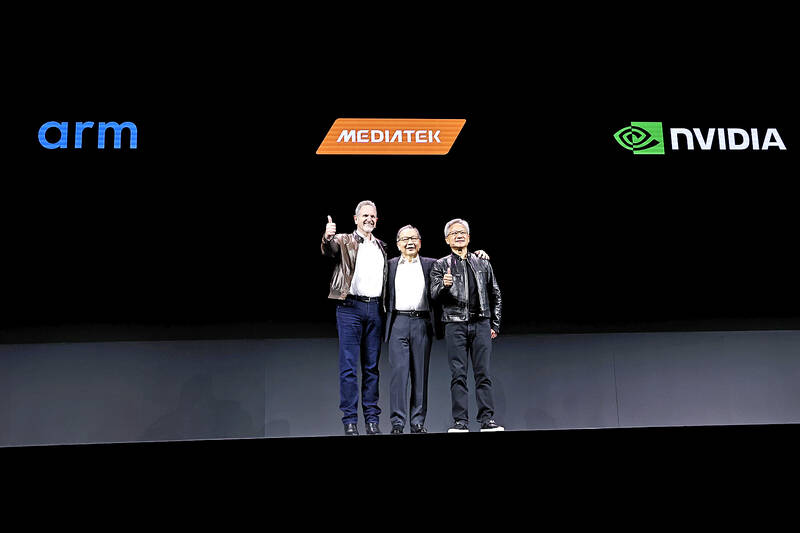
Leave a Reply